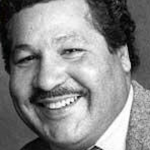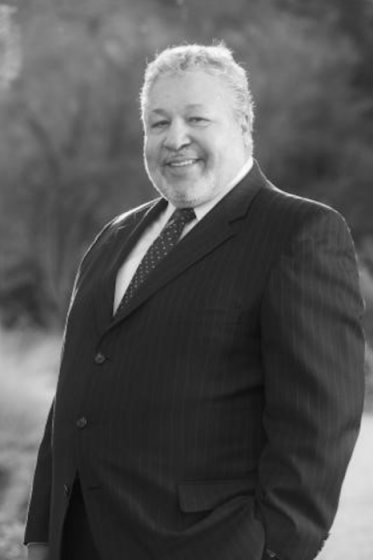
Tony’s life journey began in La Isla del Encanto, known to most people as Puerto Rico or Borinquén, what the Taino, the indigenous people of the island called their beautiful island.
While the island is indeed encanto or enchanted, the lives of the people has always been a hard life, characterized by economic exploitation and the marginalization of the people of the island so that the rich American corporations could reap profits and exploit the land and the people.
Tony’s sense of social injustice was with him at an early age and he carried it with him as his family migrated to New York City, where he experienced ongoing discrimination as he grew up.
As Tony grew into young adulthood he realized that he needed to make a huge life change, so he signed up for Job Corps and west to the Bay area where he went through the Job Corps program and was asked to consider college, which he initially found to be a daunting task.
Tony’s family eventually moved to San Jose and the family settled into the Sal Si Puedes neighborhood, where they again lived a life full of discrimination and limited educational and economic opportunity.
Tony’s sense of social injustice was aroused as soon as he moved into Sal Si Puedes, a neighborhood that went without street lights, gutters and sidewalks. It seems as if the struggle for social justice followed Tony from Puerto Rico, to New York City and finally to Sal Si Puedes in East San Jose
Tony soon met Chicano activists like Sofia Mendoza and Joaquin Brito who saw that Tony had the skills to become a community organizer and a leader. Tony admits that he was often assumed to be Chicano and he laughs as he talks about how he soon became a Chicarican (a Chicano Puerto Rican)
During his studies Tony joined United People Arriba a Chicano advocacy group that engaged in electoral politics,

voter registration and the groundbreaking police monitoring group called CAP (The Community Alert Patrol) that followed the SJ police to make sure Chicanos and other minorities were not abused by police.
Tony went on to graduate with a law degree and to a distinguished career where he served on the Santa Clara
County Grand Jury, the Santa Clara Valley Housing Task Force, the Valley Medical Center Advisory Board, the
Santa Clara County Personnel Board, the Mayor’s Committee on Minority Affairs, The San Jose/Evergreen Junior College Board of Trustees and Director of the Santa Clara County Legal Aid Society.
He is currently a board member of the Santa Clara County Water District where he advocates for the water needs of the people of the valley, particularly the minority communities of the valley who are often the victims of environmental racism.
Tony is truly an unsung hero of La Raza who deserves more recognition for his life-long fight for social justice.
by: Karl Soltero
you can reach Karl by email:karls@ricosolstudios.com
